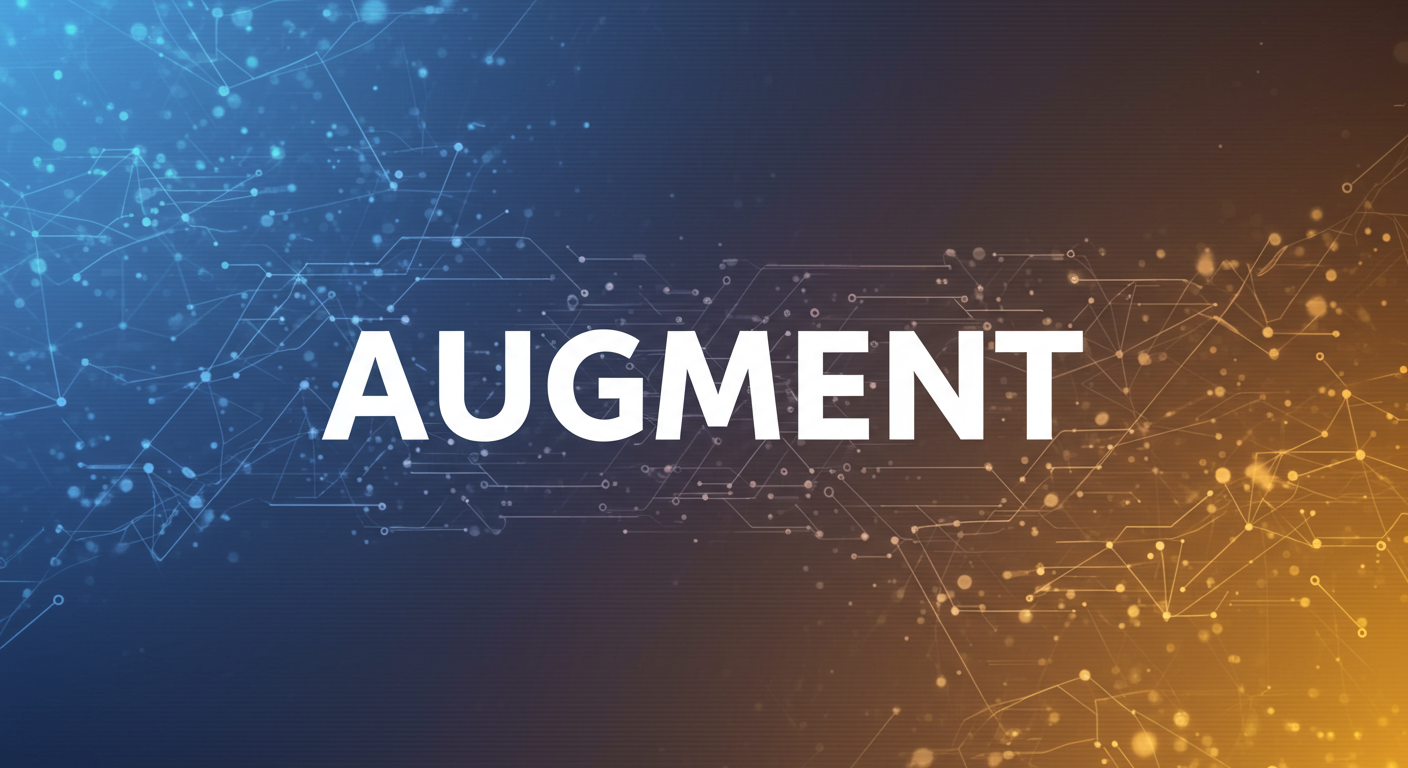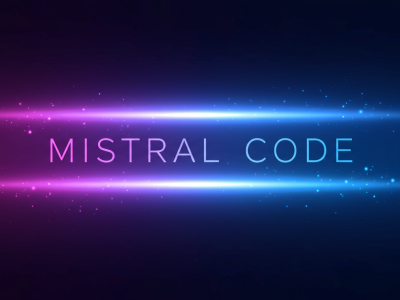Quick Take: Augment just became the first AI coding assistant to achieve the ISO/IEC 42001 certification, a massive win for developers trying to get modern tools past enterprise security. The secret sauce: a custom, real-time indexing system that updates in seconds, understands your exact branch, and uses bespoke context models instead of generic embeddings for superior context and security.
🚀 The Crunch
🎯 Why This Matters: Never heard of Augment Code before? Well now is the time. For AC is tackling the two biggest hurdles for AI coders in the enterprise: trust and utility. The ISO certification is a green light for security and procurement teams, making adoption battles easier. More importantly for devs, their real-time, branch-aware indexing system means you get an AI partner that actually understands the code you’re writing *right now*, not the state of `main` from 10 minutes ago.
⚡ Developer Tip: Test their core claim. After installing, make a significant change on a feature branch (like renaming a widely used function). Immediately switch back to your `main` branch and ask the chat about the *new* function name. Then switch back to the feature branch and ask again.
Critical Caveats & Considerations
- Enterprise Focus: With SOC 2, CMK, and ISO certification, this tool is built and priced for teams, not just individual hobbyists.
- No Training on Your Code: This is a huge plus. They state clearly they never train on proprietary code in any paid tier or trial period.
- Custom Models are Key: The quality of suggestions depends entirely on their custom-trained context models. While promising, its effectiveness will vary by codebase.
✅ Availability: Live now with extensions for VS Code, JetBrains IDEs, and Vim/Neovim.
🔬 The Dive
The Big Picture: Building an AI Coder You Can Actually Trust and Use. Augment’s strategy is a two-pronged attack on the biggest blockers to AI adoption in professional dev teams. First, the ISO/IEC 42001 certification provides the governance and security validation that enterprises demand. Second, their deep investment in a custom, real-time indexing architecture tackles the utility problem head-on, aiming to create an AI assistant that works *with* the chaotic reality of multi-branch development, not against it.
Ditching Generic RAG for a Smarter Index
- The Problem with Generic Embeddings: Most AI coders use generic models (like OpenAI’s) to create embeddings and a third-party service (like Pinecone) for search. Augment argues this is slow (10-minute delays), insecure (third-party APIs), and low-quality, as generic models don’t understand what context is truly *helpful* for coding.
-
Branch-Awareness is Crucial: An AI assistant retrieving context from the
mainbranch is useless (or even harmful) when you’re working on a feature branch. Augment solves this by maintaining a separate, personal index for each developer that updates within seconds of a file change or branch switch. - Security Through Self-Hosting: To avoid the security risks of third-party APIs, Augment self-hosts its entire embedding and search system on Google Cloud. Their “Proof of Possession” model adds another layer, requiring the IDE to prove it has access to a file’s content before the backend will retrieve context from it, preventing data leakage between repos.
- Helpfulness > Relevance: Augment trains its own custom context models. The goal isn’t just to find textually *similar* code, but to find *helpful* context. This means it can learn to ignore boilerplate or well-known library code and prioritize your unique business logic, even if it’s in a different language or file.
TLDR: Augment is the first AI coder with a major ISO security cert, making it enterprise-safe. Its secret sauce is a custom, real-time index that actually understands your current branch, ditching the slow, insecure, and generic RAG used by competitors.




